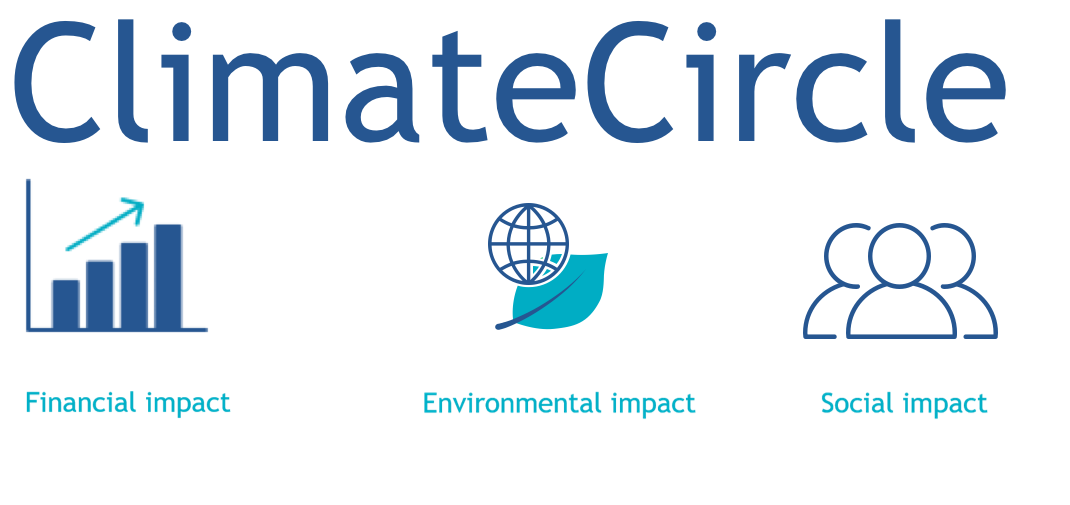Last week the first convention focussing on the Base of the Pyramid as a market was held in Singapore. The event brought multinationals, SME entrepeneurs, NGO's and policy makers together to share experience and learn from eachother to serve the BoP as a market and improve quality of their lifes in a sustainable way. Please find below some take aways from the opening ceremony:
Prof. Jack Sim, Founder of Bop Hub and initiator of the BoP World Convetion:
- No single of us is as good as all of us. We need to work on serving the BoP together
- What are l essons learned from Singapore to become a first world country in 25 years? Can this be recplicable in other larger countries?
- People must not be locked out of the marketplace. Skills must be relevant for jobs and business. Academic education is overvalued.
Sr. Fazle Hasan Abed, Founder and Chair of BRAC:
- 1st we try to become effective, then efficient, then we expand services
Sandeep Kohli, Vice President Marketing Operations South East Asia, Unilever:
- The middle class grew past years and is more visible to the BoP. The BoP today will be middle class tomorrow. They are already in mind set to be middle class today, turning them into customers with very high aspiration: "Stop thinking small sachets, think of new aspirational products meeting the needs of the Base of the Pyramid"
- Unlock the power of partnerships. It is impossible for just a government, an NGO or company in a way that is scalable, profitable and makes a real difference. But is you do this together it will work. But it is hard work to put a partnership together
Paul Polak, CEO Windhorse & co author of "The Business Solution To Poverty, Designing Products and Services for Three Billion New Customers"
- Achieving scale is the biggest challenge in development today. Conventional development aid has failed. CSR is cosmetic.
- Impact investing is confused about the relationship between relationshion between impact and bottom line profits.
- Scaled inclusive business solutions to poverty will only come through multinationals
Jocelyn Wyatt, Co-Lead + Executive Director of IDEO.org
- Start with collaboration, start even before you have an idea and get them on the table. Make process of collaboration fine. Design the process. Engage them in design process. Give credits to all are involved in the process. In general the lead NGO gets in general most credits, share credits with all partners.
- Critical to design technology with the users (BoP), technology developed in western world might not match needs and wants of BoP
Olivier Kayser, Founder Hystra
- Investing in relationship is key. Easy misunderstanding. Most often NGOs expect a relation to last forever, while a company expect it to last several years.
- Be sure the business is mature enough to scale, something big to be fixed is a challenge"
- There is a true obsession for simplicity to get it ready to scale. Complexity in the supply chain might be the bottleneck. For example simple reading glasses, adding extra colors could not be done in bookkeeping of the small shops that are selling the glasses to the BoP customers.
- BoP marketing, you need to be patient: “If you 1st customers are extremely happy and spread the word and you are able to get ball running that is where you want to be. You need to be patient to get the word of mouth working”
- Most frustration in collaboration is the duration of the partnership. Companies think it is temporarily 5-7 years. NGOs think it is for life. Align in early stages.
If you want to be kept up to date about the next BoP World event, please keep an eye on bopworldconvention.org or stay informed via our newsletters.
